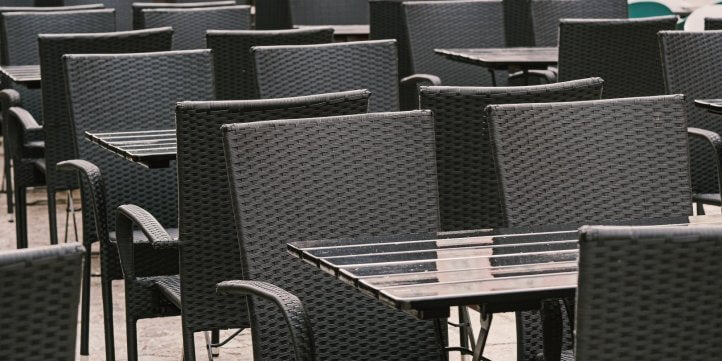Is A Second Wave Likely And How Can We Safeguard Against It?

For those who have just reopened for business and the thousands of organisations that have had to try and keep key workers safe by providing adequate levels of PPE during the COVID-19 pandemic, the idea of a second wave of the virus is sure to prompt a feeling of dread.
As well as the economic implications of a second outbreak of coronavirus, keeping staff and customers protected has become a concern that not only impacts the bottom line, but might also result in businesses having to close their doors once more should they be unable to meet stringent government guidelines.
With restrictions now eased, most places of business have been able to open up again (albeit often in a slightly different way) including shops, cafes, restaurants offices, construction sites, salons, cinemas, hotels and gyms.
With hand sanitisers, plastic screens and PPE such as reusable antibacterial masks and gloves purchased at the expense of the business, the threat of a second wave could plunge some into bankruptcy given months of lockdown has resulted in a precarious financial position for most.
The Jury Is Still Out
Dr Mike Tildesley from the University of Warwick told the BBC that he was concerned that a second wave could happen as people begin to return to day-to-day activities under the ‘new normal’. He noted that nobody is able to truly predict if a second wave will be better or worse than the first few months of the pandemic.
Many experts have warned against lockdown measures being eased to quickly, with many using the Spanish Flu pandemic which occurred over a century ago as a warning that the second wave has the potential to be far worse than the first.
With this in mind, the Government has initiated a policy of regional lockdowns, with areas where the R rate rises above 1 or where a cluster of newly confirmed cases has been confirmed placed back under restrictive measures. Although this means that local businesses, schools and workplaces will need to close, these geographical lockdowns could help save the UK from a deadlier second wave spreading across the nation as a whole.
With no one able to say for sure what’s around the corner, even as cases appear to be diminishing nationwide, it’s important that everyone continues to wash their hands on a regular basis, stay home should they start to notice symptoms of COVID-19 and wear a mask whenever they venture out into shops, into heavily populated spaces and use public transport.
Employers must ensure that all measures to safeguard staff and customers are put in place with hand sanitisers and masks freely available.





